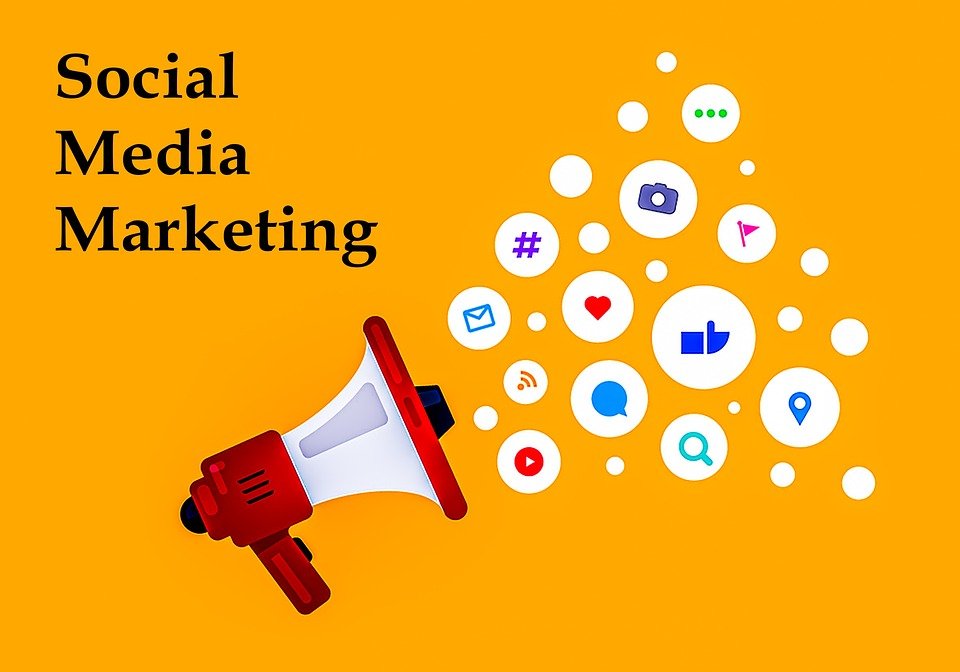In this article, we will explore the key components of B2C marketing, including the importance of identifying specific consumer segments, creating compelling messaging, and leveraging various channels to reach and engage with potential customers. We will also delve into the different strategies and tactics that businesses can employ to effectively market their products or services to individual consumers.
Identifying Consumer Segments
One of the first steps in B2C marketing is identifying specific consumer segments that are most likely to be interested in a company’s products or services. This involves conducting market research to understand the demographic, psychographic, and behavioral characteristics of potential customers. By segmenting the market into smaller, more targeted groups, businesses can tailor their marketing efforts to meet the unique needs and preferences of each segment.
For example, a clothing retailer may identify different consumer segments based on factors such as age, gender, income level, and fashion preferences. By understanding the specific demographics and preferences of each segment, the retailer can create targeted marketing campaigns that resonate with their target audience and drive sales.
Creating Compelling Messaging
Once consumer segments have been identified, businesses must create compelling messaging that effectively communicates the value proposition of their products or services. This involves crafting a unique selling proposition (USP) that sets the brand apart from competitors and highlights the benefits of choosing their products over others.
Effective messaging should be clear, concise, and persuasive, using language and imagery that resonates with the target audience. By focusing on the needs and desires of consumers, businesses can create messaging that speaks directly to their motivations and drives them to take action, whether it’s making a purchase, signing up for a newsletter, or following the brand on social media.
Utilizing Various Channels
In today’s digital landscape, businesses have a wide array of channels at their disposal to reach and engage with potential customers. From social media and email marketing to online advertising and influencer partnerships, B2C marketing has become increasingly complex and diverse, requiring businesses to adapt and innovate to stay ahead of the competition.
Social media has become a key channel for B2C marketing, allowing brands to connect with consumers on platforms such as Facebook, Instagram, and Twitter. By creating engaging content, running targeted ads, and interacting with followers, businesses can build brand awareness, drive traffic to their website, and generate leads that can be converted into sales.
Email marketing is another effective channel for B2C marketing, enabling businesses to communicate directly with consumers through personalized messages and promotions. By segmenting their email list based on consumer preferences and behavior, businesses can deliver relevant content that drives engagement and encourages repeat purchases.
Online advertising, including display ads, search ads, and retargeting campaigns, is a powerful tool for reaching a larger audience and driving traffic to a company’s website. By utilizing data analytics and targeting capabilities, businesses can optimize their ad campaigns to reach consumers who are most likely to be interested in their products or services, increasing the likelihood of conversion.
FAQs
Q: What is B2C marketing?
A: B2C marketing refers to the strategies and tactics that businesses use to promote their products or services directly to individual consumers.
Q: Why is identifying consumer segments important in B2C marketing?
A: Identifying consumer segments allows businesses to tailor their marketing efforts to meet the unique needs and preferences of each segment, increasing the likelihood of engagement and conversion.
Q: What are some key channels for B2C marketing?
A: Some key channels for B2C marketing include social media, email marketing, online advertising, and influencer partnerships.
Q: How can businesses create compelling messaging for B2C marketing?
A: Businesses can create compelling messaging by crafting a unique selling proposition (USP) that highlights the benefits of their products or services and speaks directly to the motivations of the target audience.
Q: What are some effective tactics for B2C marketing?
A: Some effective tactics for B2C marketing include creating engaging content, running targeted ads, leveraging influencer partnerships, and optimizing email marketing campaigns.
In conclusion, B2C marketing is a dynamic and constantly evolving field that requires businesses to adapt and innovate in order to effectively reach and engage with individual consumers. By identifying specific consumer segments, creating compelling messaging, and utilizing various channels, businesses can drive brand awareness, generate leads, and increase sales, ultimately growing their business and establishing a strong connection with their target audience.




